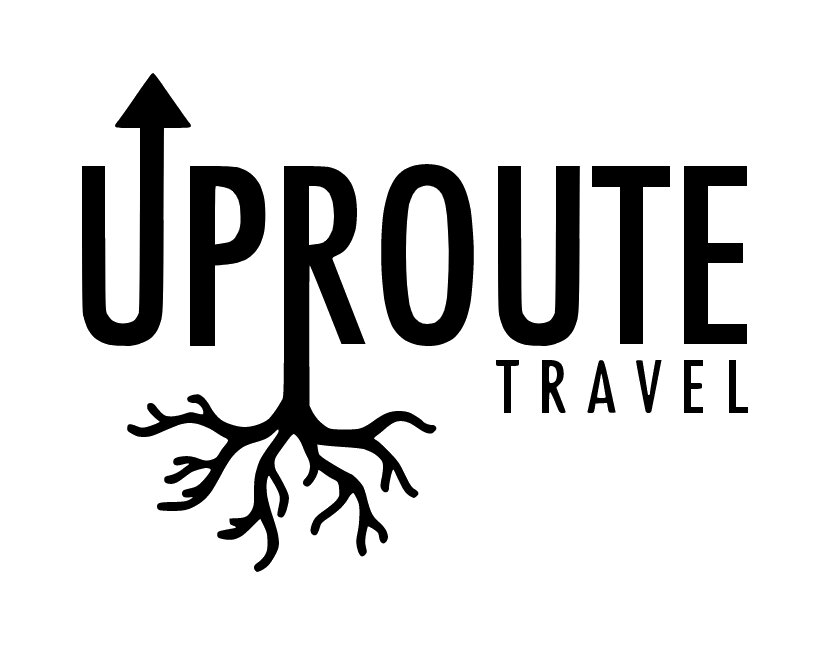FRANCE
Paris and the French Riviera. Need I say more? Fine, but I will be brief. France’s history, beaches, cuisine, mountains, and art round it out to be perhaps the most alluring country on the planet. It is no mistake that most studies show it as being the globe’s most visited country by tourists. If you have not already, I recommend you join the trend and rendezvous to France!
Updated COVID-19 Travel Information:
Currency:
The official currency of France is the Euro (EUR) (€)
$1 USD = €0.85
Pricing for Leisure Travelers:
Average Hotel Expenses = €201-€374/Night ($234-$436 USD/Night)
Average Food/Drink Expenses = €32-€68/Day ($37-$79 USD/Day)
Pricing for Backpackers:
Average Hostel Expenses = €31-€59/Night ($36-$69 USD/Night)
Average Food/Drink Expenses = €20-€29/Day ($23-$34 USD/Day)
Communication:
French is the country’s national language, but in the main tourist areas, English speakers will get by just fine. Unlike the stigma would suggest, locals and waiters do not turn up their noses at or ignore those who do not speak their language. While English is less common in rural areas, most people will at least have a basic understanding.
Transportation:
Bus: Traveling by bus in France is comfortable, smooth, and cost-effective. That goes for international journeys as well. Trips of both nature can be booked via Bookaway.
Train: Travel throughout France, Monaco, and all of Europe is made very easy through SNCF, the country’s national railway company. You can expect rides to be faster, but more expensive, than those via bus.
Airplane: Charles de Gaulle (CDG) in Paris is the busiest airport in the European Union, offering direct flights to over 100 countries worldwide. Those traveling to other French destinations, such as Nice, Lyon, Toulouse, or Marseille, can expect to transfer planes at CDG. France’s flag carrier is Air France, but as alluded to above, you will find most international airlines fly into CDG regularly.
Taxi/Uber: Most French cities have loads of taxis and Ubers. Best practice is to ensure cabbies run their meter; I do not recommend agreeing to a price beforehand, as it will likely be more than what the meter will read.
Miscellaneous:
While being fluent in French is not necessary, learning some common phrases and greetings will go a long way. Not only for communicating with people, but also for reading signage and menus across the country.


